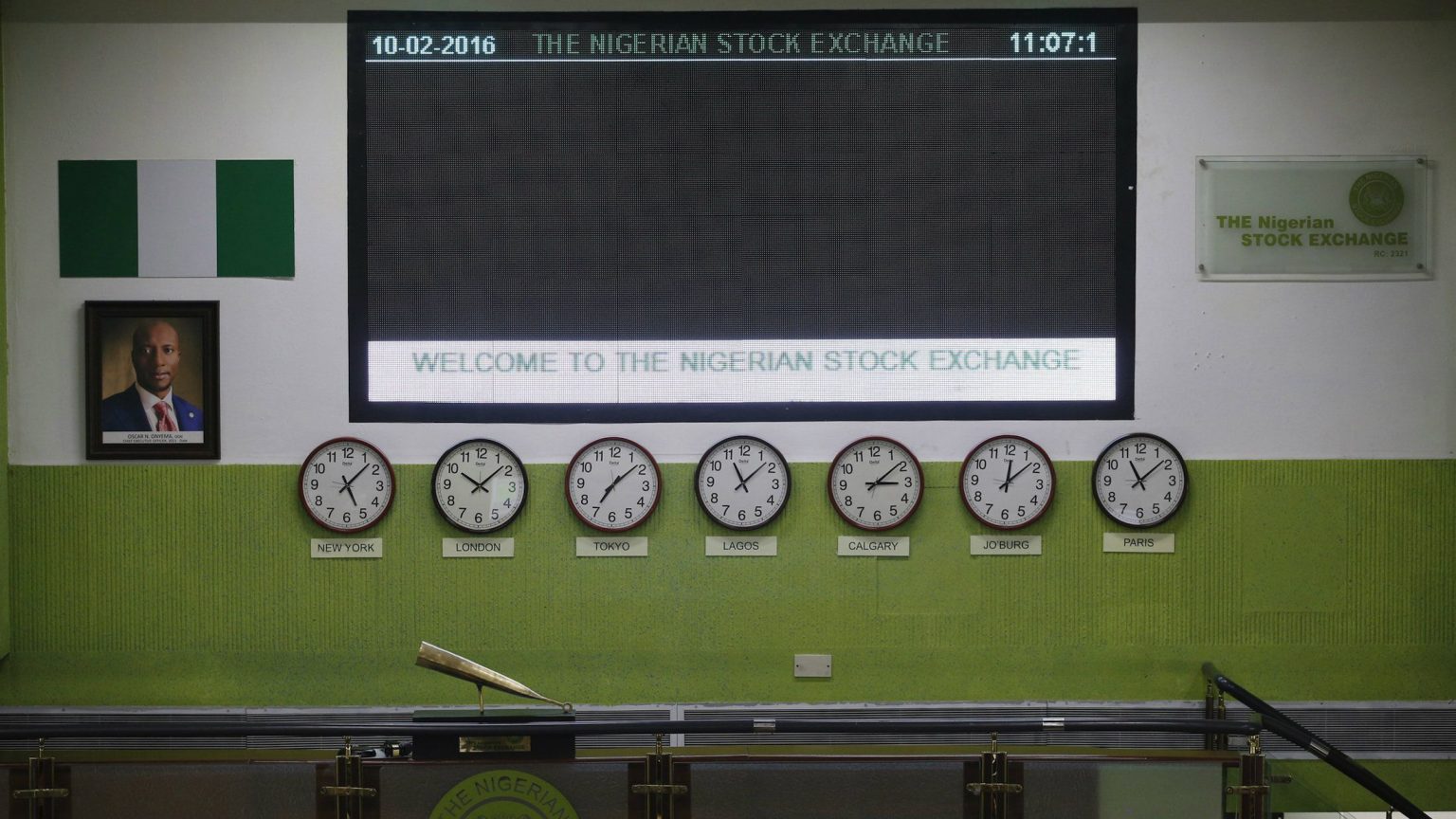Last week, the World Bank promised to assist Nigeria’s Power Sector Recovery Programme with $2.6 billion. Nigeria is currently ranked the second worst electricity supply nation in the world, even as it embarks on a journey to resuscitate the power sector. The erratic power supply has been a major cause of failure for small businesses in the country, and it is hoped that this recovery programme would fast-track the much needed economic diversification.
Below is the Ventures Africa Weekly Economic Index, for the week ending 16th of February 2018. This economic index gives you a glimpse into other recent activities in Nigeria’s economy as well as changes that could affect the economy:
How did the Nigerian Stock Market perform?

According to recent data released by the Nigerian Stock Exchange (NSE), as of 16th February 2018, the all share index decreased by 1.13 percent from the previous week ending 9th February 2018. Market capitalization at the close of trading during the week under review was N15.302 trillion which is a 1.13 percent decrease from N15.477 trillion recorded the previous week. The All Share Index for the week under review closed at 42,638.83.
Top five price Gainers and Decliners in the week under review:
Top five price gainers
Berger Paints Plc.
Beta Glass Plc.
Access Bank Plc.
A.G. Leventis Nigeria Plc.
Glaxo SmithKline Consumer Nigeria Plc.
Top five price decliners
Consolidated Hallmark Insurance Plc.
First Aluminum Nigeria Plc.
Courteville Business Solutions Plc.
Japaul Oil & Maritime Services Plc.
Prestige Assurance Co. Plc.
How high is Nigeria’s foreign reserve?

Data revealed by the Central Bank of Nigeria revealed that as at 13th of February 2018, Nigeria’s external reserve increased by more than $2 billion to $42.8 billion from $40.33 billion recorded on 18th of January 2018. The rise to $42.8 billion last week is the highest in four years, after beating the previous 40.33 billion.
The latest rise has been attributed to a reduction in the demand for Forex for the importation of goods, especially Rice. The Nigerian government’s decision to boost local rice production in 2015 has seemingly reaped dividends, resulting in less pressure on Nigeria’s Forex reserves.
Furthermore, that figure could hit $45 billion this week after the conclusion of the federal government’s $2.5 billion Eurobonds later this week.
CBN Governor, Godwin Emefiele remarked in January 2018 that Nigeria may achieve $60 billion external reserves in 2019. That is presently looking feasible.
How did the Naira fare?

During the week under review, the Naira appreciated against the dollar in the parallel market. It was sold at N359/$ on Friday ending 16th of February 2018 from an average of N361/$ recorded on the 9th of February 2018.
How did the price of oil fare?

Oil prices bounced back last week after the slide in global equities two weeks ago. Prices rose slightly from about $62 per barrel to $64.5 per barrel. However, this price is still lower than January’s 5-year record prices.








